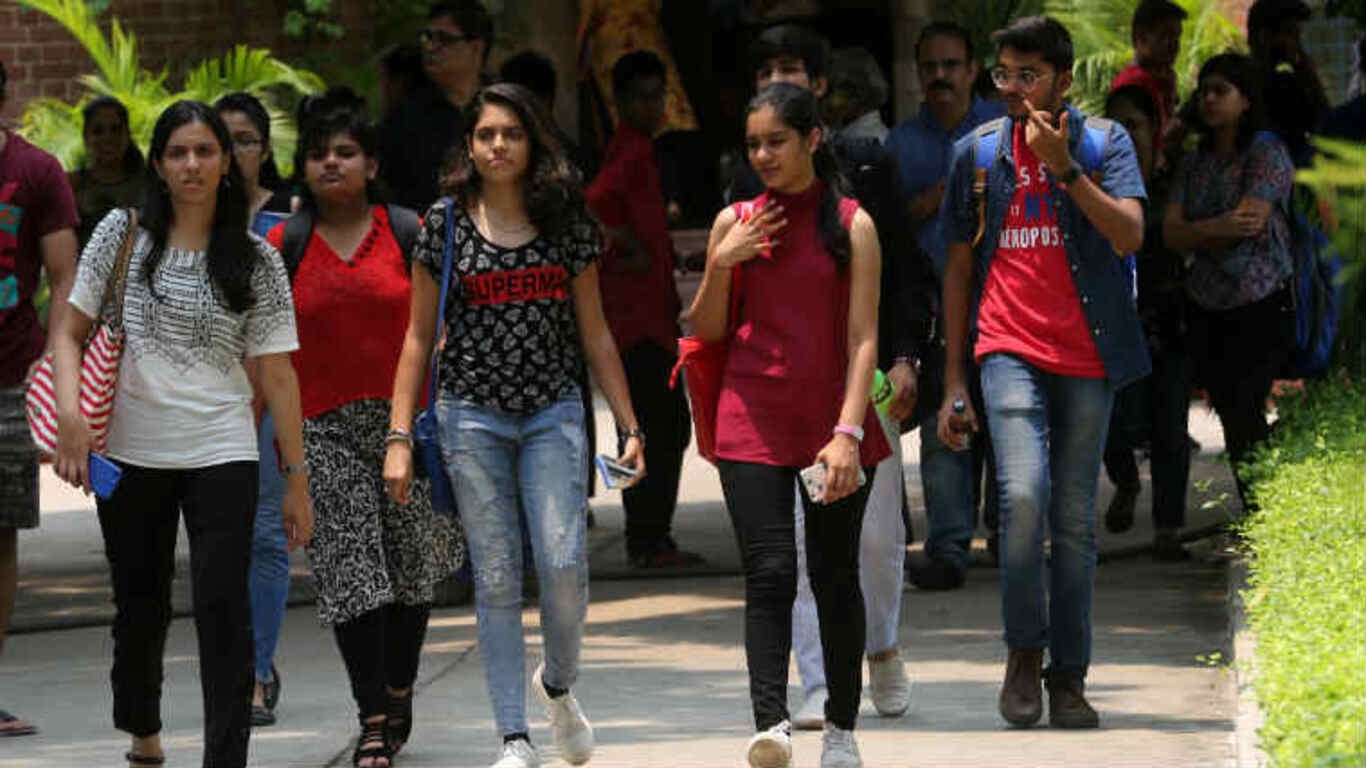On 17th July 2022, a second-year UG student of a Kolkata-based premier institution in India lodged a complaint to the institution’s ICC against the erstwhile head of the Department of English. With enough ensuing mudslinging on social media platforms, including from the educators toward the student, the area turns from grey to a much darker shade of shame. In such situations, how can implementing PoSH in higher education institutions be taken forward?
Post anonymously writing a post on Facebook, the harassment in the post’s comment thread ranged from sexist to casteist attacks against the student as well as prolonged casteist attacks directed towards the educator. Despite existing, why has PoSH turned into a system devoid of hope, leading to an avoidance of lodging complaints to the ICC?
Also Read: Implementing POSH in Complex Workplaces
POSH and the UGC
The Sexual Harassment of Women at Workplace (Prevention, Prohibition and Redressal) Act, 2013, is deemed fundamental for the protection of female employees against workplace sexual harassment. While including formal and informal workspaces, it is important to note that educational institutions play a big role here, and the law is not simply restricted to the corporate space in the formal sphere.
Similarly, we have the UGC (Prevention, Prohibition, and Redress of Sexual Harassment of Women Workers and Students in Higher Education Institutions) Regulation, 2015, a federal law that prohibits sexual harassment of women employees and students in higher education institutions.

What the Law Mandates
The UGC (Prevention, Prohibition, and Redress of Sexual Harassment of Women Workers and Students in Higher Education Institutions) Regulation, 2015 attempts to bring about a change in all universities, colleges and deemed to be universities, mandating them to follow a set of guidelines to ensure that the campuses are free of sexual harassment.
Gender-neutral stand
The term ‘students’ ensures that the law protects each individual enrolled in a particular higher education institution, irrespective of their gender, hence avoiding gender bias.
Constitution of ICC
Every higher education institute is mandated to constitute an Internal Complaints Committee to redress sexual harassment complaints. In the presence of a committee pre-existing with such an objective, it must be renamed the ICC, and follow UGC-mandated norms.
Also Read: Importance of Gender Sensitization in Workplaces
Raise awareness regarding sexual harassment and ICC procedure
The Higher Education Institutes must publicise the 2015 UGC regulations as well as the provisions of the 2013 POSH Act to every present and potential staff and student. It must also ensure a zero-tolerance environment for sexual harassment, including the details of the ICC members and the complaints procedure, and levy high penalties for sexual harassment.
Rise in sexual harassment cases in higher education institutions
On 25th July 2022, a college student in Odisha accused the institution’s physics lecturer of sexual harassment and rape. The accused lecturer who held the position of reader in the institution had also served as an NCC officer in the Naval wing. Despite the female student approaching the institute with a formal complaint, the Internal Committee formed by the school did not find any evidence of the allegations made by her. It was only after the matter came to the fore of the Higher Education Department did the investigation begin.
On 24th July 2022, a day before the incident in Odisha, a student of IIT Madras was sexually assaulted by a man working in the juice shop on the campus. She was attacked by the man, who pounced on her while she was riding her cycle. Despite screams, she complained that not even the guards came to her aid, but she was able to fight off the man after which she rushed back to the hostel.
On 17th July 2022, a student from Presidency University, Kolkata, accused the erstwhile head of the department, Mahitosh Mandal of sexual harassment, through a formal complaint made to the institute’s Internal Committee.
The college and university space in India has observed a resurge in #MeToo posts against individuals from higher education institutions. This is not a recent occurrence. According to a 2018 survey by the University Grants Commission (UGC), there was a 50% increase in sexual harassment cases in 2017 compared to 2016.
Also Read: Sexual Harassment At Work: Understand The Rules Of The PoSH Act In 6 Minutes

Recommendations
Institutes require formal complaints
While it is mandatory for all higher education institutions to institute the Internal Committee to take in complaints lodged by students and the staff, there has been a growing discomfort regarding the efficacy of the POSH body. While the #MeToo movement has given space for absolution to some level, institution rules claim that no action can be taken unless there is a formal complaint lodged by the complainant.
Disillusionment with the system
But, complainants, especially students, mostly feel disillusioned due to the lack of effective action taken against the harasser, since institutes often prescribe conciliation.
Forming institute-based POSH toolkits
Many institutes, however, have formed their own POSH cells as well as a POSH toolkit, being actively present on campus, and generating awareness. They have also effectively contributed to the implementation of the Act. For instance, IIT Madras not only has its own POSH toolkit, but they also have a very active women’s forum.
Education and academia as a site of knowledge gaining are deeply rooted in establishments of power and authority. Higher education institutes in India, lying at the intersection of identities like gender, caste, religion, and socio-economic strata, bear the responsibility to ensure a safe environment and instill trust and faith in the institution. This would also encourage students, especially female students, to continue their education.
Also Read: PoSH Act: Nearing a Decade but missing the Mark?
Written by: Ishani Ray is a student at Tata Institute of Social Science, Hyderabad, and is pursuing her Master’s in Women’s Studies.
Ungender is a technology and advisory firm. We help workplaces build an employee-first and inclusive culture. Write to us at sidra@ungender.in to build a safe, diverse, and inclusive workplace.










